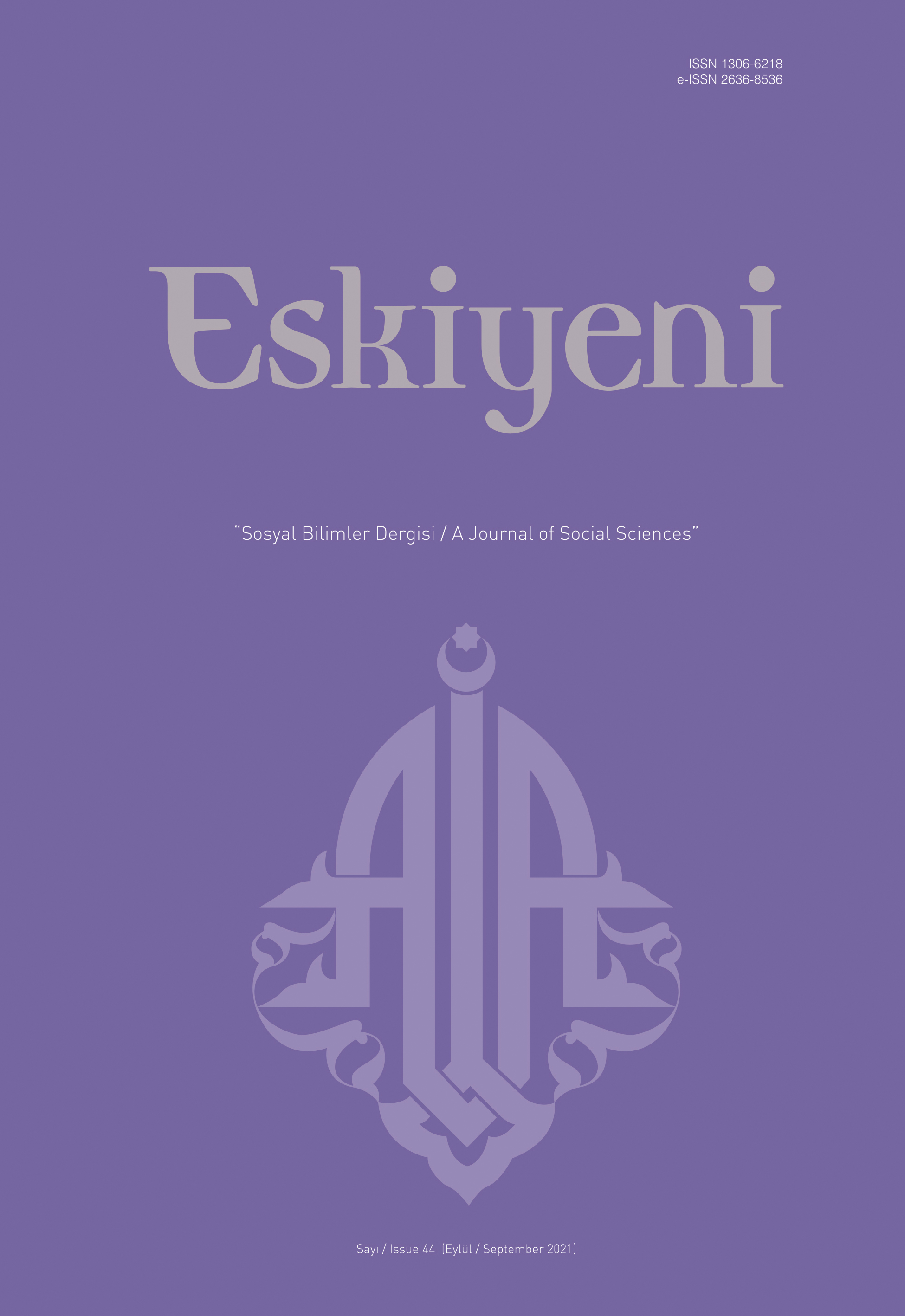Hanefî Hukukunda Ebeveyne Karşı Nafaka Sorumluluğu
The Obligation of Financial Support (Alimony) to Parents in The Ḥanafī Law
Author(s): Kamil YelekSubject(s): Law, Constitution, Jurisprudence, Theology and Religion, Islam studies, Sharia Law
Published by: Anadolu İlahiyat Akademisi
Keywords: Islamic Law; Alimony Law; Responsibility; Parents; Children; Kinship in the direct line;
Summary/Abstract: Developments in the social, cultural and economic fields in the modern period have brought about changes in social values. The family institution, which is the most fundamental building block of society, is one of the areas where this change is experienced. With modernization, the disintegration of extended family structures and their replacement by nuclear families and the acceleration of this process with the participation of women in business life has seriously changed the position of the elderly in the family and society. This change in the structure of the family has caused elderly and needy parents to live away from their children and grandchildren, or to be doomed to isolation in nursing homes away from warm family circle and social environment. The increasing number of these institutions which are not a product of Islamic civilization and the number of people living here disturbs everybody with a conscience. This situation requires revealing the necessity of protecting the elders of the family, protecting and taking care of them and providing their alimony in case of need in terms of Islamic law, and reminding our responsibilities in this regard. Due to the justification aforementioned, the alimony responsibility of children towards the their parents and grandparents will be discussed in this study.There have been some studies on alimony in Islamic law. However, while the alimony of the ascendant/uṣūl (parents and grandparents) is presented as a chapter or subtitle in some of these studies, the practical applications of this issue have not been touched on in other studies. Whereas, a study that does not take into account the practical application of the law, will be incomplete. For this reason, it is necessary to reveal how the theoretical knowledge discussed in the classical fiqh books about the alimony of the ascendant is applied in practice.Furthermore, the studies conducted so far about the alimony of the ascendant have been handled with a cross-sectarian approach. However, this mentioned situation does not quite coincide with the legal activity style in traditional fiqh thought. Therefore, it would be more appropriate to read the views on the relevant subject through the literature of a particular madhab/sect or school. Because, the legal situation of an issue has been handled within the furū’ al-fiqh systematic of each madhab in traditional fiqh thought and the system has been operated in this way. For this reason, we will try to handle this study where we will examine the alimony responsibility of children towards their parents and grandparents, based on the sources of the Hanafī School. In this context, first of all, the definition of alimony and its types and the rules on the subject will be presented. Then, it will be revealed whether there is a change within the Ḥanafī school in the issue of the alimony of the parents, how the views put forward previously were reflected in the Ottoman fatwā collections, how these views were applied in practice based on the Ottoman sharīʿa court records and how the alimony of the parents was handled in Turkish Civil Law.
Journal: Eskiyeni
- Issue Year: 2021
- Issue No: 44
- Page Range: 585-610
- Page Count: 26
- Language: Turkish

